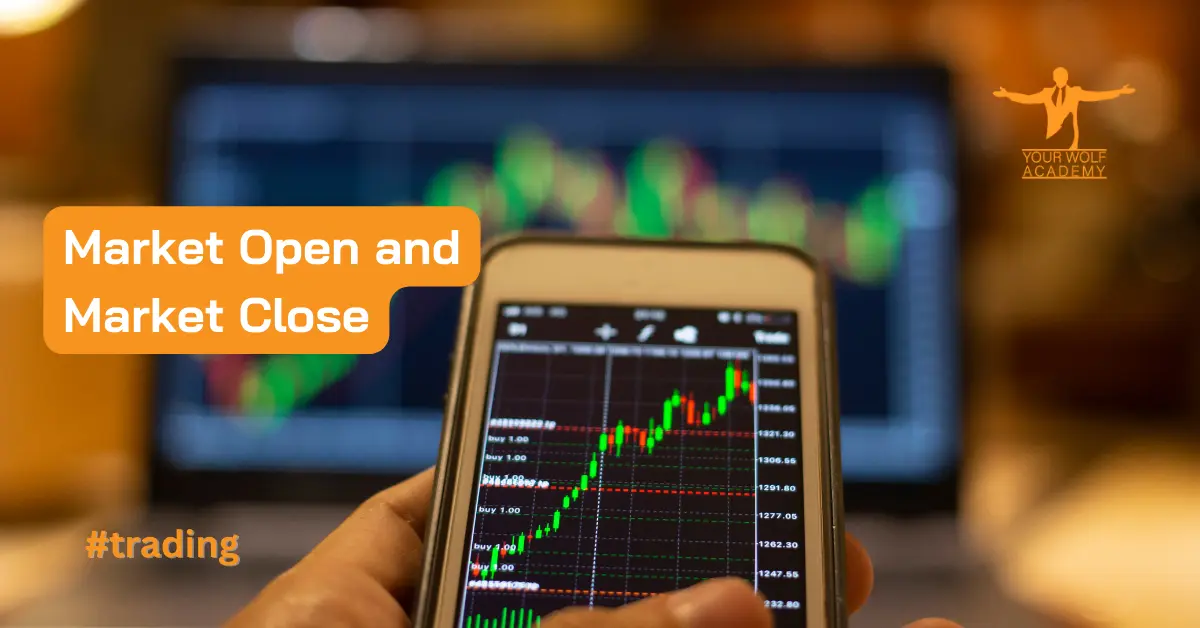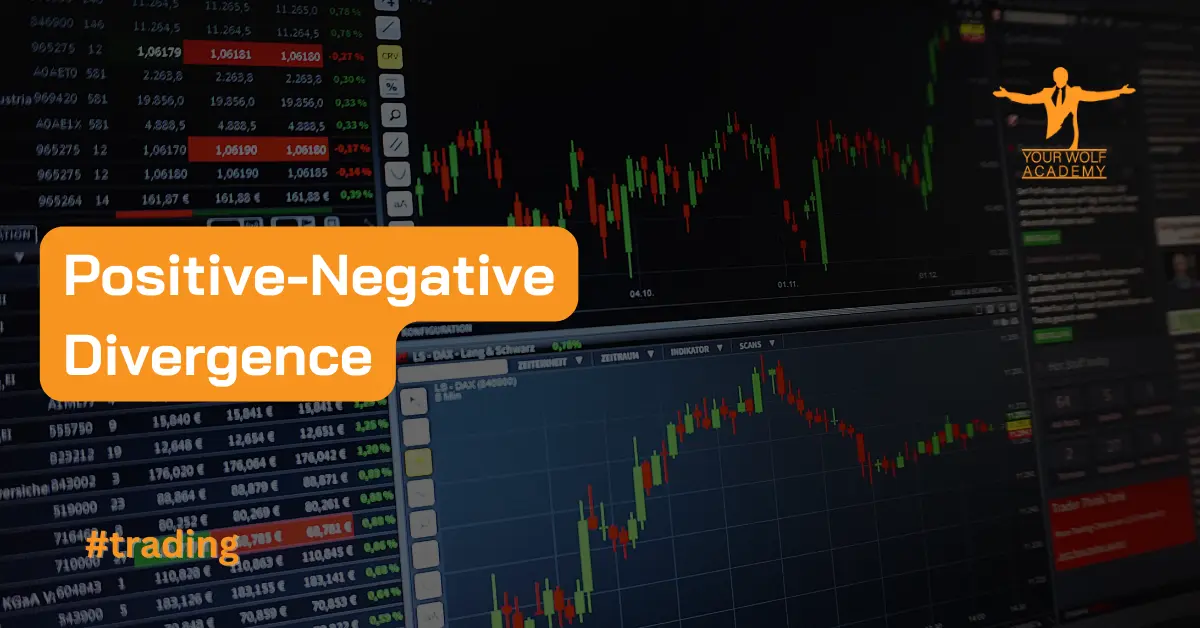In the fast-paced and ever-evolving world of financial trading, the opening and closing hours of the market hold significant importance. These moments mark the beginning and end of each trading day, serving as pivotal periods for traders, investors, and financial institutions worldwide.
In this comprehensive article, we will delve into the fascinating dynamics of market open and market close, uncovering the underlying factors that influence these critical periods and exploring the strategies employed by market participants.
The Importance of Market Open
At the start of each trading day, as the market opens its doors, a flurry of activity ensues. Here, we will explore the various factors that contribute to the significance of market open.
- Price Discovery and Volatility
Market open is a crucial time for price discovery. It is during this period that the first trades of the day are executed, setting the initial benchmark for stock prices. The combination of overnight news, economic data, and market sentiment contributes to heightened volatility, creating opportunities for traders to capitalize on price movements.
- Investor Reactions to Overnight Developments
Overnight events, such as geopolitical news, earnings reports, or economic indicators from different time zones, can significantly impact market sentiment. As the market opens, investors react to these developments, resulting in swift price adjustments. Traders keenly monitor these reactions to make informed decisions and capture potential opportunities.
- Trading Strategies Employed at Market Open
Various trading strategies are employed at market open, including gap trading, momentum trading, and news-based trading. Gap trading focuses on taking advantage of price gaps caused by overnight developments. Momentum trading capitalizes on early price movements, while news-based trading leverages information released outside regular trading hours. These strategies aim to capitalize on the initial price fluctuations during market open.
The Significance of Market Close
Similar to market open, market close also holds great importance in the financial trading landscape. Let’s explore the reasons why market close is a critical period for traders and investors.
- Position Management and Profit-Taking
As the trading day nears its end, market participants focus on managing their positions and assessing their profitability. Traders may adjust their holdings or close out positions to protect gains or limit losses. The increased trading volume and volatility observed towards market close present opportunities for traders to capitalize on short-term price movements.
- Volume Surge and Order Imbalance
The final minutes of the trading day often witness a surge in trading volume, attributed to various factors such as institutional order flows, index rebalancing, and portfolio adjustments. These imbalances between buy and sell orders can impact stock prices, leading to potential arbitrage opportunities for traders who swiftly react to these movements.
- After-Hours Trading
Although the official market close marks the end of regular trading hours, after-hours trading offers extended opportunities for traders. During this period, electronic exchanges enable trading beyond traditional market hours. After-hours trading provides a platform for traders to react to late-breaking news, earnings releases, and other events occurring outside regular trading hours.
Conclusion
In conclusion, the dynamics of market open and market close play a crucial role in the world of financial trading. The opening and closing hours of the market set the stage for price discovery, investor reactions, and the implementation of various trading strategies.
Understanding the intricacies of these critical periods empowers traders and investors to make informed decisions and capitalize on market movements. Whether it is capturing the early morning volatility at market open or strategically managing positions towards market close, the significance of these periods cannot be overstated in the realm of financial trading.
Your Wolf Academy offers a range of educational resources to help traders succeed, including free signals, technical analysis, and weekly webinars. Sign up today and get a recommendation for a regulated brokerage company that suits your needs.


